Dialogue participants express hope for stabilizing ties, advancing cooperation
Representatives from various walks of life from China and the United States have voiced their hope for strengthening people-to-people exchanges in order to encourage amity and promote mutual understanding amid geopolitical obstacles.
Participants at an annual dialogue between the two countries expressed their aspiration to effectively promote engagement between the two peoples to help stabilize bilateral ties and advance friendly cooperation.
Da Wei, a professor and director of the Center for International Security and Strategy at Tsinghua University, said that people-to-people exchanges not only enhance mutual understanding, but also help build long-lasting trust and friendship, which will provide a solid foundation for the stable development of bilateral relations.
If exchanges between people from both sides could continue when bilateral ties face setbacks, the foundation of the relationship between China and the U.S. can be maintained, he said, citing examples such as continued student exchanges and tourism.
People-to-people exchanges may help improve trade, political, diplomatic and security relations, although these would require certain conditions, he said.
During a recent meeting between President Xi Jinping and U.S. President Joe Biden in Lima, Peru, Xi emphasized that China-U.S. relations should always advance the well-being of the two peoples and bring them closer together.
Jointly organized by the NationalCommittee on U.S.-China Relations and Tsinghua University's Center for International Security and Strategy, the China-U.S. People's Dialogue hosted last week invited participants from academia, business, arts, sports and other areas to conduct discussions on various topics.
Stephen Orlins, president of the National Committee on U.S.-China Relations, emphasized that people-to-people relations are the foundation of U.S.-China ties.
The Chinese hosting of the U.S. table tennis team in 1971 and the U.S. hosting of the Chinese table tennis team in 1972 fundamentally altered their perception of each other, which put the U.S. and China on a trajectory for 52 years.
"What we need to think about is how do we strengthen that, how do we make sure that in difficult times we're able to continue this, because policies will change, and ultimately, it's the people who determine what the policy should be. That's what we need to bear in mind," he said.
David Moser, an associate professor of foreign language at Beijing Capital Normal University, said: "In this digital age, we have so much information, but because the information lacks context, it sometimes can actually be more dangerous than helpful. So that's why I think we need to have people-to-people contact here.
"We need to get more Americans or people from any country here because there are so many misconceptions, (as) Americans don't see daily life in China in their media. They have no idea what it's like and they basically have no idea what Chinese culture is like."
In November last year, China announced that it would host 50,000 U.S. students for study and exchange programs in the country over the next five years, as part of an effort to boost people-to-people exchanges, especially among young people.
According to a report released in July by the Beijing-based think tank Center for China and Globalization, in the first half of this year, at least 60 youth exchange events between China and the U.S. were held in 20 provincial-level regions in China.
Li Cheng, a professor of political science and founding director of the Center on Contemporary China and the World at the University of Hong Kong, stressed the role of young people in promoting China-U.S. relations.
Li cited statistics indicating that over the past decade, people from the U.S. ages 20 to 30 generally held a relatively friendly attitude toward China, and young Chinese were also more confident in their views of the U.S., Xinhua News Agency reported.
Jeffrey S. Lehman, vice-chancellor of New York University Shanghai, said that youth exchange programs not only help ignite the enthusiasm of U.S. teenagers to learn about China, but also lay the foundation for their future in-depth study and life in China, which will help foster interaction.








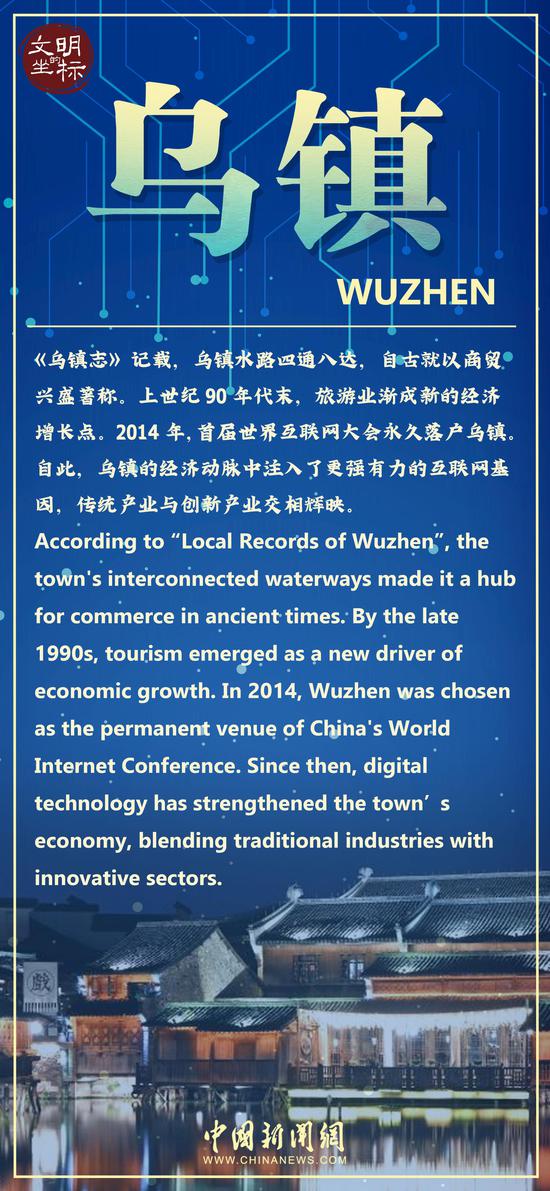



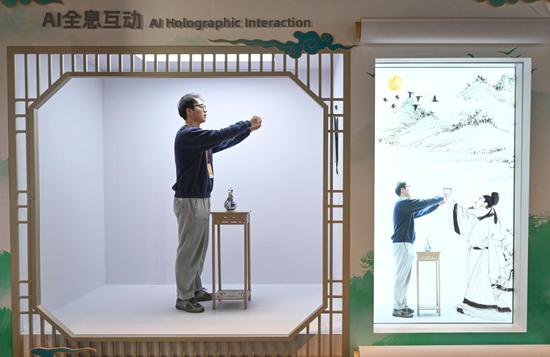



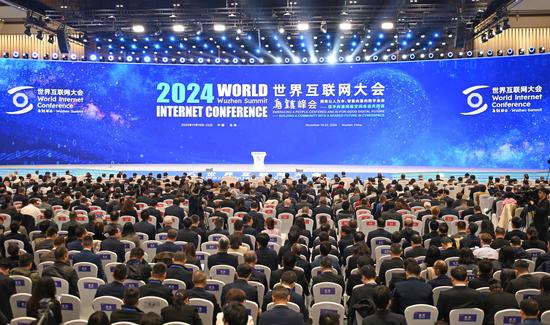


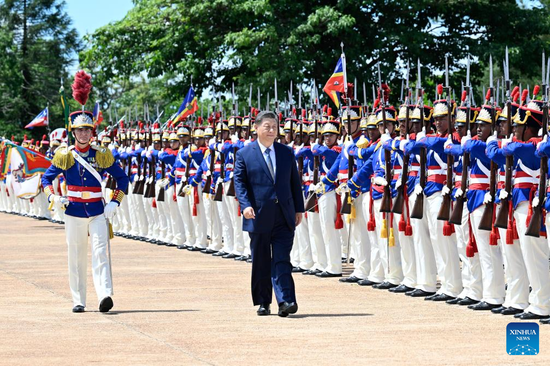

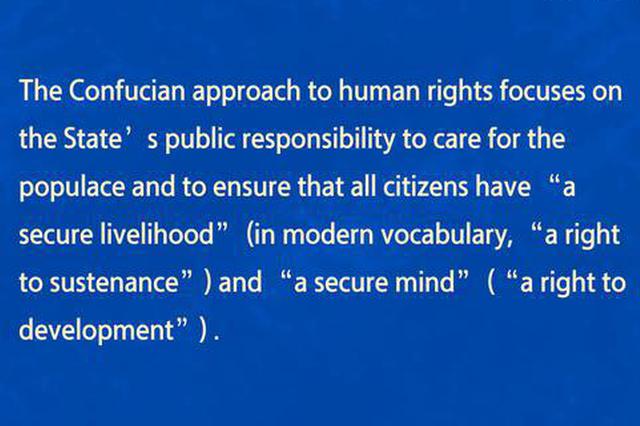
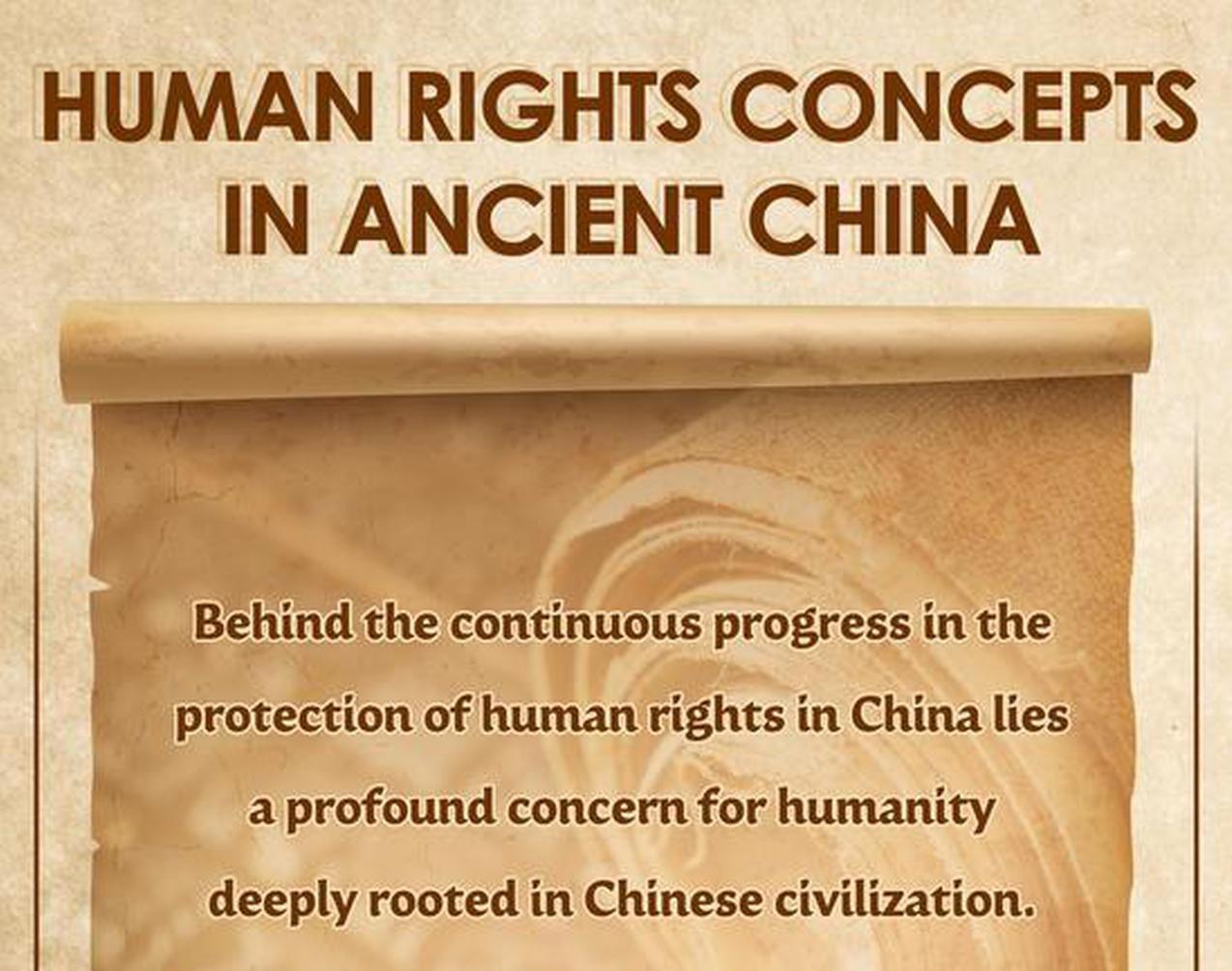



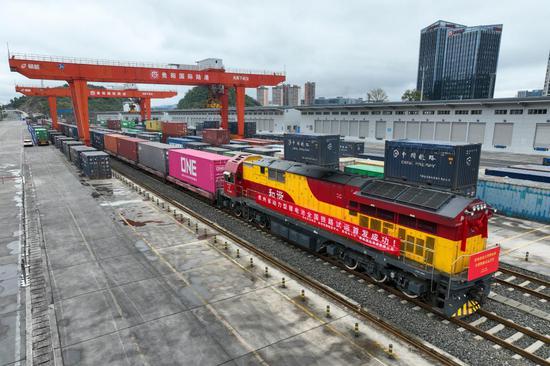
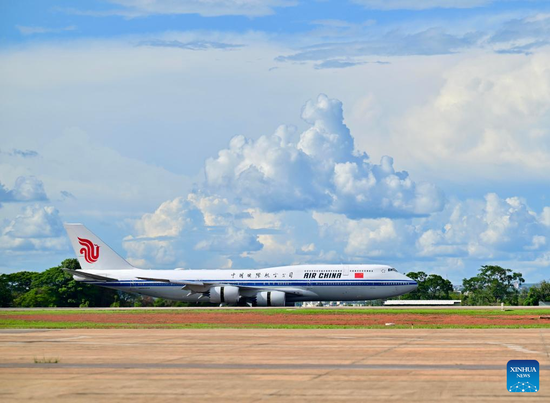




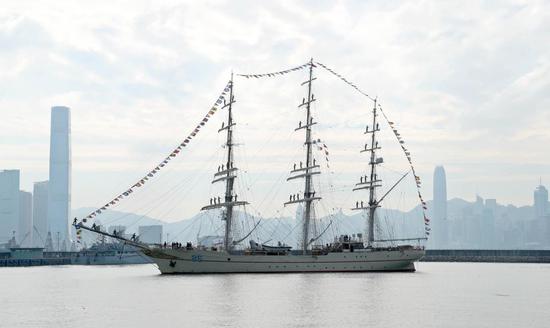

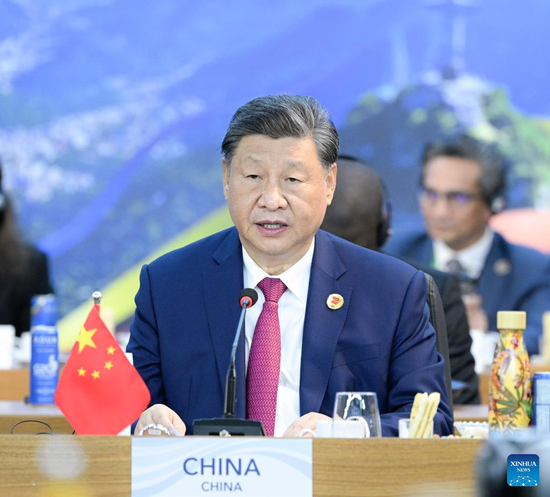


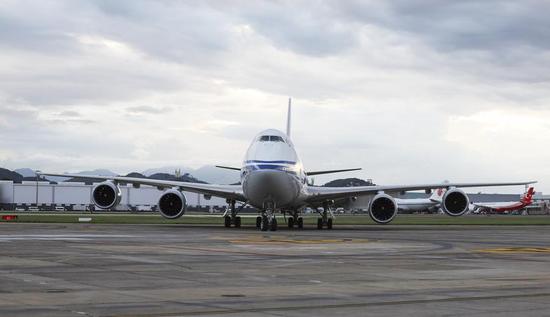
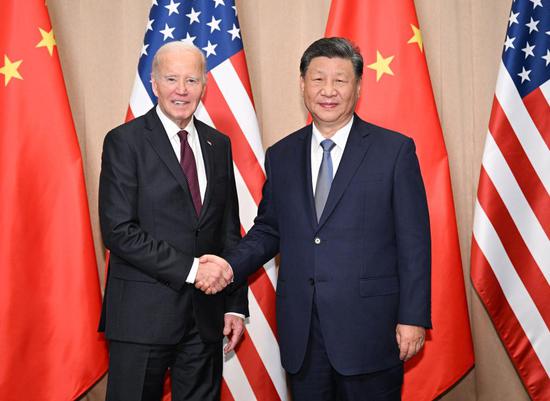
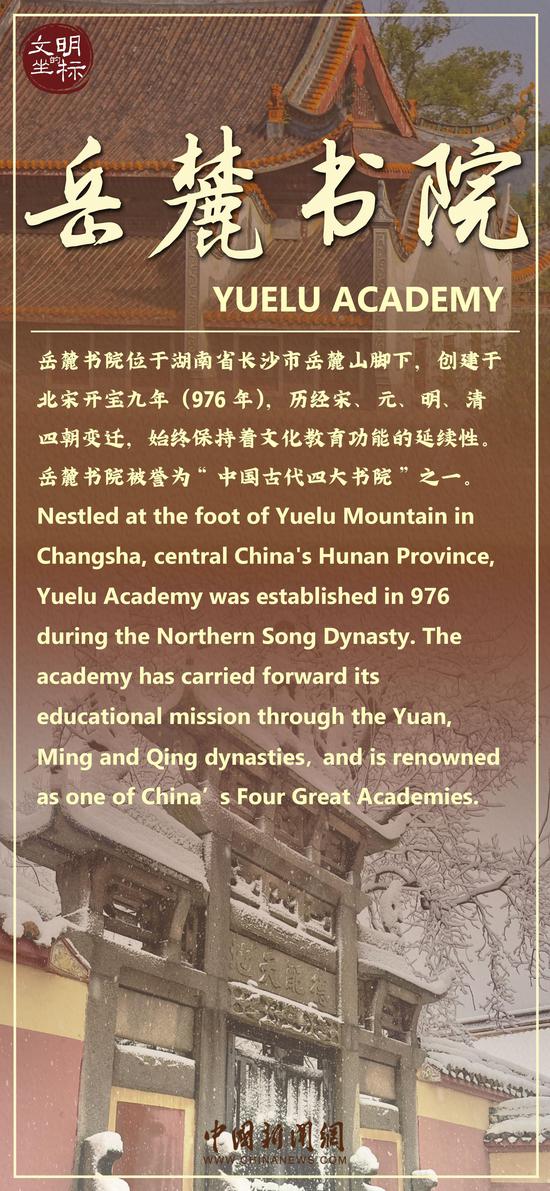

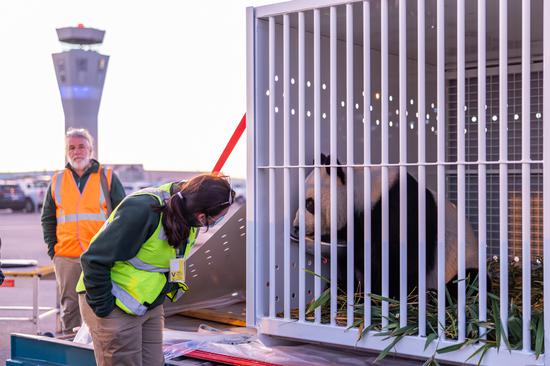
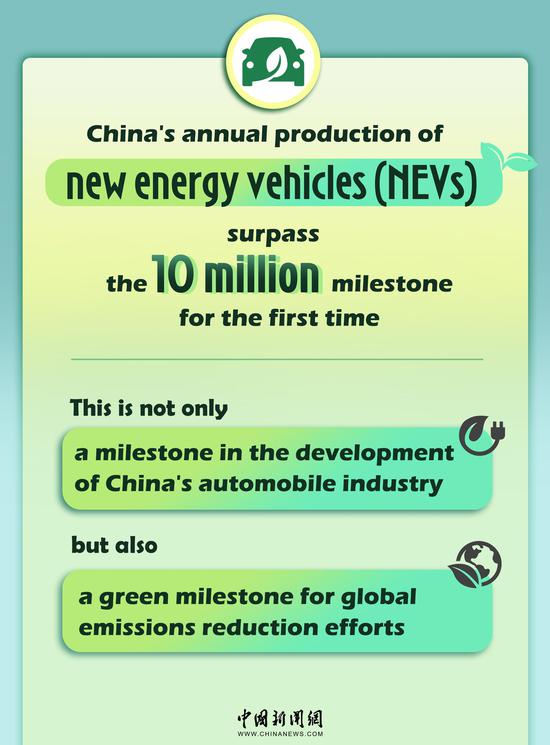

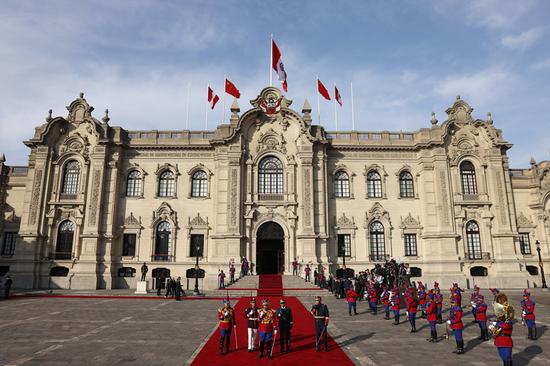

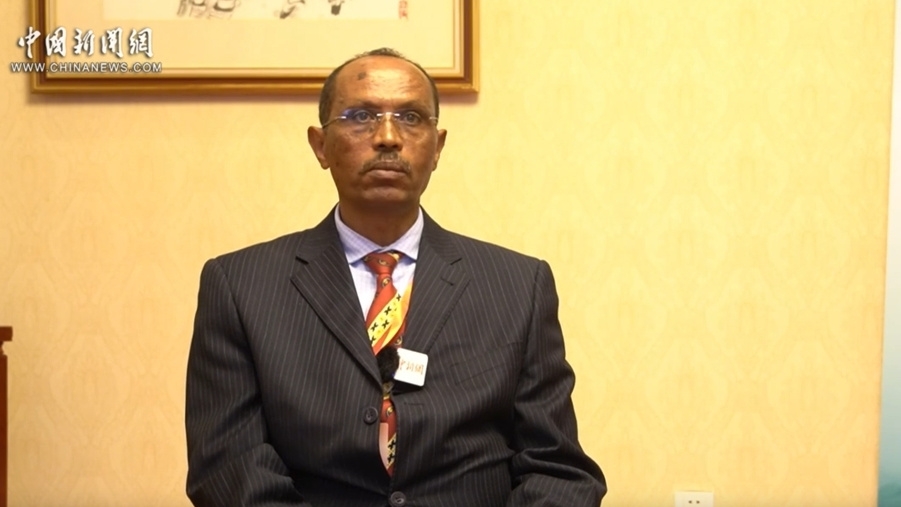

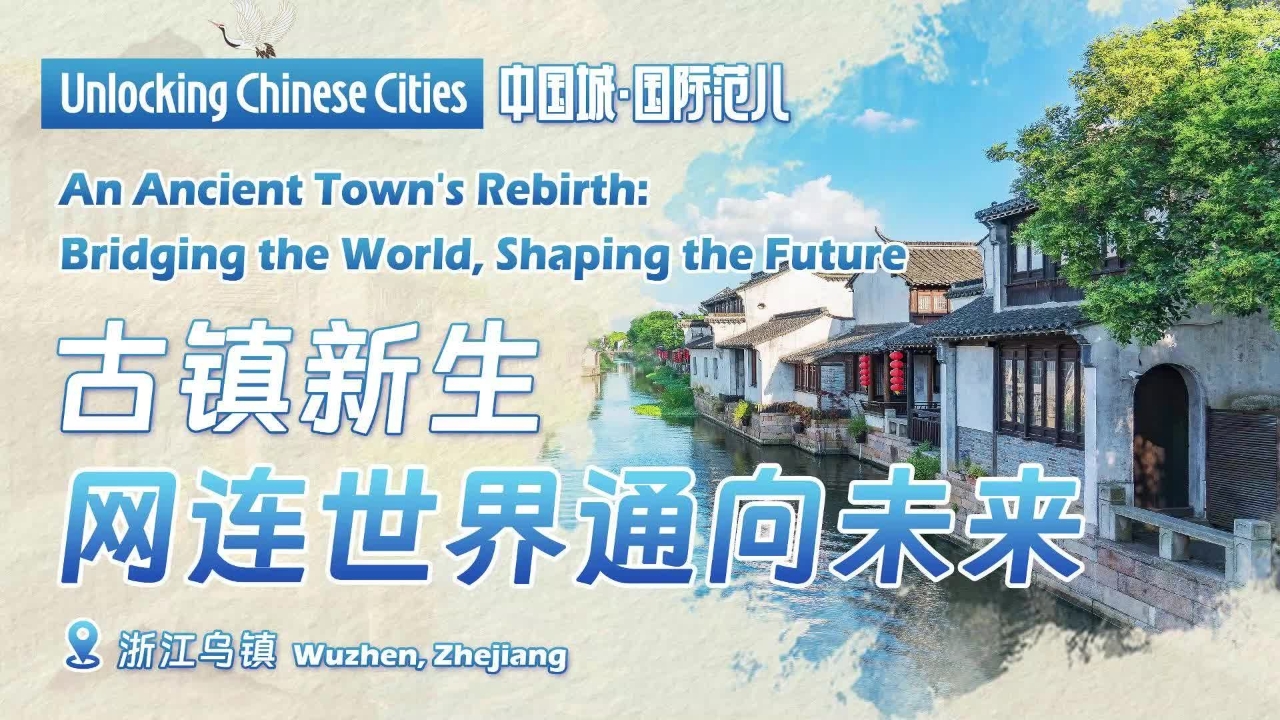

 京公網安備 11010202009201號
京公網安備 11010202009201號